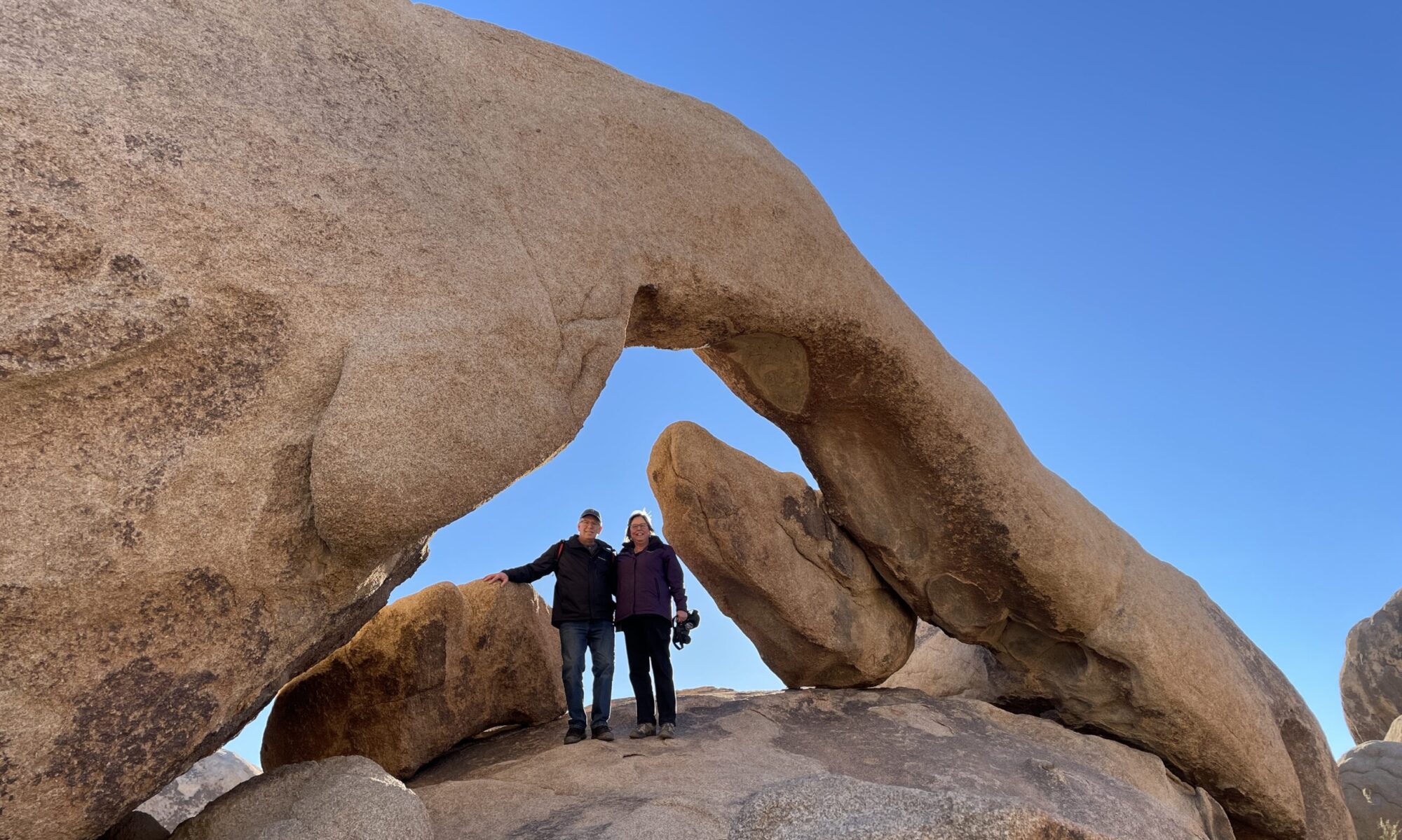“The mystics would say whenever you stand apart and objectify anything you stop knowing it. You have to love, respect, and enter into relationship with what you desire to know…This is knowing by participation” (Knowing through Loving, Sunday, February 26, 2017; Father Richard Rohr, OFM).
We are quite messed up in our national political life with fighting about facts or alternative facts or truth or half-truths. We accuse each other of reporting fake news because we don’t agree with it or it challenges us to be responsible for our statements and actions. I am grateful for free press organizations that take time to study and learn about the subjects they report. I use a filter for the quality of news inversely related to the drama, anger, and disdain present in the story. In other words, news stories presented with entertaining drama, anger, and disdain for the people involved have less value for me and don’t serve the truth they want to report.
Comedians and artists gain popularity in times of arrogant, foolish, and outrageous communications and reporting. I like the use of humor to reveal our obsessive-compulsive behaviors and feel the pain of recognition when their commentary hits home. However, we don’t learn much about real news when we communicate combatively.

In late January, I posted this photo on Facebook with this comment: “Paused a moment to consider how this collection (my Evernote journal is on the bottom) on my reading table represents basic commitments in my life and ministry.” One of my colleagues commented in jest, “put the Holy Bible on the top.” I replied, “I notice it is in the middle.”
I love learning God’s Word and having it in the middle of my conversations, considerations, and commitments to live as a disciple of Jesus Christ. And I am blessed and energized by being with other people who love to learn. That’s why I appreciate Father Richard Rohr’s statement about the need to love, respect, and enter into relationship with what you desire to know. When news is shared from a perspective of love, respect, and relationship, we feel its truth. That is the best understanding of evangelism I have.
But this type of communication comes with great risk. Parker Palmer writes in Healing the Heart of Democracy:
If you hold your knowledge of self and world wholeheartedly, your heart will at times get broken by loss, failure, defeat, betrayal, or death. What happens next in you and the world around you depends on how your heart breaks. If it breaks apart into a thousand pieces, the result may be anger, depression, and disengagement. If it breaks open into greater capacity to hold the complexities and contradictions of human experience, the result may be new life (page 18; my emphasis).
At my dad’s funeral, I found comfort in these words about learning and wisdom:
My child, if you accept my words and treasure up my commandments within you, making your ear attentive to wisdom and inclining your heart to understanding; if you indeed cry out for insight, and raise your voice for understanding; if you seek it like silver, and search for it as for hidden treasures—then you will understand the fear of the Lord and find the knowledge of God (Proverbs 2:1-5).
Real, good news is found in the passionate pursuit of knowledge with an open heart.
I pray we enter the Holy Week and the Easter season with this spirit to learn what we need to know for abundant life with God and each other.



 Our time at Western was transformational as I was blessed to be a companion and guide for incredible people coming to their consciousness of God and vocation and finding life partners.
Our time at Western was transformational as I was blessed to be a companion and guide for incredible people coming to their consciousness of God and vocation and finding life partners.